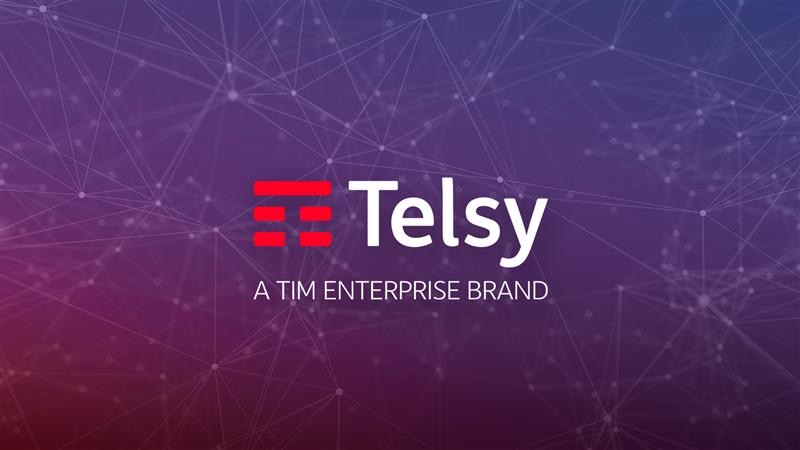A strategic edge. Threat Intelligence serves as a vital anticipatory tool for national security, enabling states and organisations to integrate cyberthreat analysis into highlevel decisionmaking.
- It requires specialists—CTI analysts, reverse engineers, cyber threat hunters, digital linguists and geopolitical experts—who can map adversaries’ tactics, techniques and procedures (e.g. MITRE ATT&CK) and provide early warning of emerging campaigns.
SOC: first responder. Security Operations Centers (SOCs) are the frontline hubs for detecting and remediating cyberattacks in real time.
- Core functions include continuous monitoring, incident response, threat hunting, and security orchestration and automation (SIEM/SOAR).
- Threat intelligence activities are the very first step in managing a cyber incident. Knowledge of information about threat actors, known and unknown attack patterns, and IoCs is critical to the operational continuity of any organization.
- From CTI, to incident response, to final remediation, the lifecycle of SOC operations must be overseen and manned by dedicated cyber experts.
- Qualified staff—incident responders, digital forensics experts, helpdesk operators and cyber engineers—must operate within secure, isolated environments fed by live threatintelligence feeds.
Skills shortage crisis. Europe—and Italy in particular—faces a severe deficit of cybersecurity professionals. Italy alone is projected to have a shortfall of over 10,000 skilled workers in 2024, despite a 25% market growth in demand for roles such as cloudsecurity specialists and penetration testers.
- This lack could become a risk, and when considering that Public administrations and SMEs frequently lack in-house SOCs, further compounding the risk.
Training imperative. Closing the skills gap demands robust investments in education and certification programmes—ranging from CISSP and CEH to OSINT and CTI specialisations.
- University courses must embrace handson labs, while bootcamps and apprenticeships can accelerate workforce entry. Italy’s pilot AIenabled classrooms also point to the need for early digitalskills development.
Global talent race. Italian cyberprofessionals now compete on a global stage, with lucrative opportunities luring talent abroad.
- To retain expertise, organisations must offer clear career paths, mentorship and continuous upskilling.
- Crossborder initiatives—such as EU scholarship schemes and NATO’s Cooperative Cyber Defence Centre of Excellence—can help align national training with alliance requirements.
Expert’s take. Telsy leverages its proprietary threatintelligence platform to anticipate cybercampaigns, analyse adversaries’ tactics and feed actionable insights into both national and corporate security strategies.
- “Telsy’s proprietary Cyber Threat Intelligence platform represents a turning point for our country’s cyber capabilities. With foresight, the TIM Group, through TIM Enterprise and Telsy, the cybersecurity and cryptography factory of the Group, has effectively invested in technology and specialized threat intelligence expertise, and we can now proudly see the results. From SMEs to large and corporate customers, our solutions defines a new landscape for our digital security.” says Cristiano Alborè, Portfolio Development Director at Telsy.





